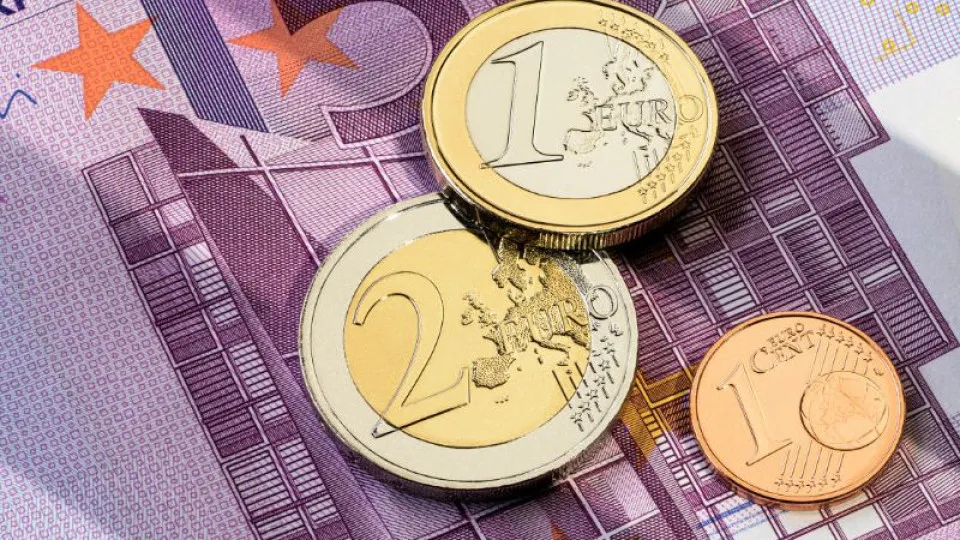
Inflation slowed down in Portugal and in the Eurozone again in March.
The inflation rate falls to 1.9% in Portugal and 2.2% in the euro area in March, reflecting a stabilization of energy prices and a reduction in underlying inflation.
Inflation in Portugal drops to 1.9%
According to data from the INE, shared on Notícias ao Minuto, the inflation rate in Portugal slowed down in March, settling at 1.9%, a decrease from the 2.5% observed in the previous month.
This reduction was mainly driven by the stabilization of energy prices, which showed no variation, after having increased by 1.5% in February.
In addition, core inflation, which excludes unprocessed food and energy products, also decreased to 1.9%.
Eurozone follows trend and decreases to 2.2%
The data is from Eurostat, released on Notícias ao Minuto, and indicates that in the euro area, year-on-year inflation also slowed down, dropping from 2.3% in February to 2.2% in March.
The services sector recorded the highest annual rate (3.4%), but still lower than the 3.7% of the previous month.
Food products, alcohol, and tobacco increased by 2.9%, while non-energy industrial products remained stable at 0.6%.
Energy, in turn, registered a negative variation of -0.7%, in contrast with the positive 0.2% of February.
Impact on economic policies
The slowdown of inflation in Portugal and the Eurozone may influence the future decisions of the European Central Bank (ECB), which has been adjusting monetary policy to contain inflation.
With the reduction of inflationary pressures, the expectation of possible interest rate cuts increases in the coming months, which could bring some relief to consumers and businesses.
Read also: What impact have the decreases in Euribor had on house payments?
Stay informed about all financial news, interest rates, loans, and insurance, through the content on Poupança no Minuto.